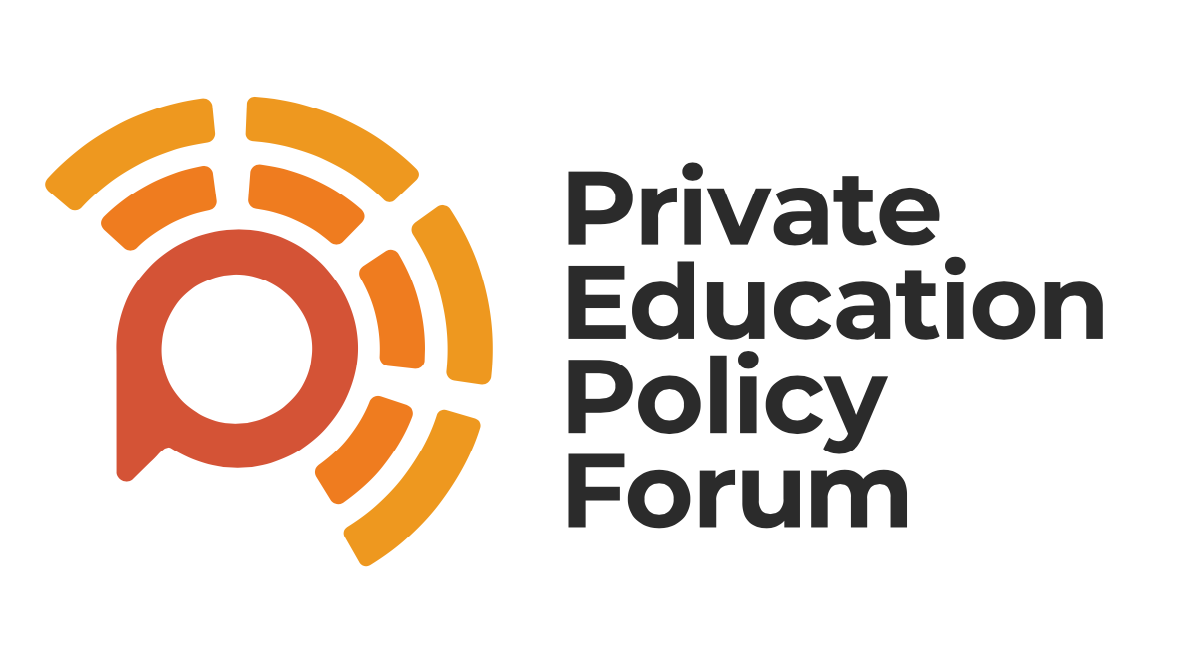Private Education Policy Forum published a report into state-private school partnerships by researcher Tom Fryer at Manchester University. The news story was published exclusively in The Times on 26 August 2023.
Our press release, including major findings, is below:
The majority of private-state school partnerships are ‘superficial’ and unevaluated, new research shows
- New study of state schools in England finds almost total lack of documentation evaluating impact of private school partnerships
- Freedom of information (FOI) requests reveal ‘superficial’ pupil events comprise majority of partnerships
- Few partnerships aimed at disadvantaged pupils
- Partnerships disproportionately based in the South East
Partnerships between state and private schools in England are providing little of the public benefit they purport to offer, new research has suggested.
A report published today by think tank Private Education Policy Forum (PEPF) analyses FOI request responses from 277 English state schools (out of 400 randomly selected schools). Not a single state school in a private school partnership could provide documentation evaluating the partnership’s impact on any measure, and only three reported some financial benefit from their arrangement.
The research also showed superficial ‘pupil events’ such as attending a private school-produced Wizard of Oz performance, joint carol singing or football matches comprise the majority of partnership activity.
The four key findings of the study (see report) included data which showed only 3% of the schools were in partnerships that involved accessing or borrowing private schools’ facilities. Just 1% benefited from private school staff secondment.
The limited spread of help for state school pupils was another key finding. PEPF found that 27% of state schools in the South East were in a partnership, compared to just 4% in the North West and 5% in the East Midlands.
Worryingly, only three state schools (1%) reported partnership activities targeted at disadvantaged pupils.
Of the 16 state schools which participated in an academic pupil event with a private school, half reported activities which were targeted at high-attaining pupils. This supports other research which has shown private schools often use such partnerships as marketing and recruitment tools.
Overall, 13% of the state schools were engaged in a partnership with one or more private schools.
Partnership work with state schools is often used by the private education sector as justification for the charitable status which many schools hold, and the tax breaks they enjoy. “Meaningful partnership work” was pointed to as a way in which private schools help reduce the gap in attainment between the most and least advantaged students. However, little research is available on this topic outside of the Independent Schools Council’s (ISC) own reporting.
Labour have promised to end tax breaks for private schools if they take power, though it is currently unclear what they intend to do around charitable status.
Tom Fryer, a researcher at the University of Manchester’s Institute of Education and author of the report, said:
“Our report suggests that charitable partnership work from private schools is often unevidenced and does not involve deeply collaborative or impactful work. This is worrying given how often partnership work is cited by the private schools sector in defence of the charitable status – and huge tax breaks – many private schools enjoy.
The sector also uses its partnership work to defend the perceived unfairness represented by the pervading attainment gap between private and state-educated pupils – yet without it, it has little to point to in response to accusations of fuelling inequality.
At the very least, private schools with charitable status should be required to robustly demonstrate the impact of their partnership work with state schools, particularly in terms of outcomes for children. If they aren’t able to do so, this strengthens the case for removing this status along with associated tax breaks.”



